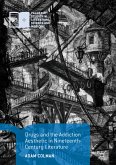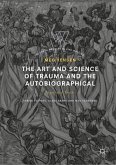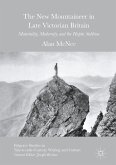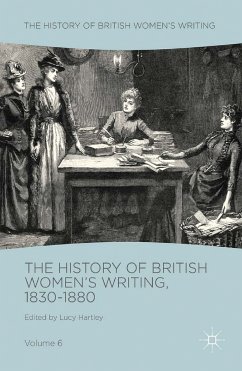This book explores how the humoral womb was evoked, enacted, and embodied on the Shakespearean stage by considering the intersection of performance studies and humoral theory. Galenic naturalism applied the four humors-yellow bile, black bile, phlegm, and blood-to delineate women as porous, polluting, and susceptible to their environment. This book draws on early modern medical texts to provocatively demonstrate how Shakespeare's canon offers a unique agency to female characters via humoral discourse of the womb. Chapters discuss early modern medicine's attempt to theorize and interpret the womb, specifically its role in disease, excretion, and conception, alongside passages of Shakespeare's plays to offer a fresh reading of (geo)humoral subjectivity. The book shows how Shakespeare subversively challenges contemporary notions of female fluidity by accentuating the significance of the womb as a source of self-defiance and autonomy for female characters across his canon.
Dieser Download kann aus rechtlichen Gründen nur mit Rechnungsadresse in A, B, BG, CY, CZ, D, DK, EW, E, FIN, F, GR, HR, H, IRL, I, LT, L, LR, M, NL, PL, P, R, S, SLO, SK ausgeliefert werden.









